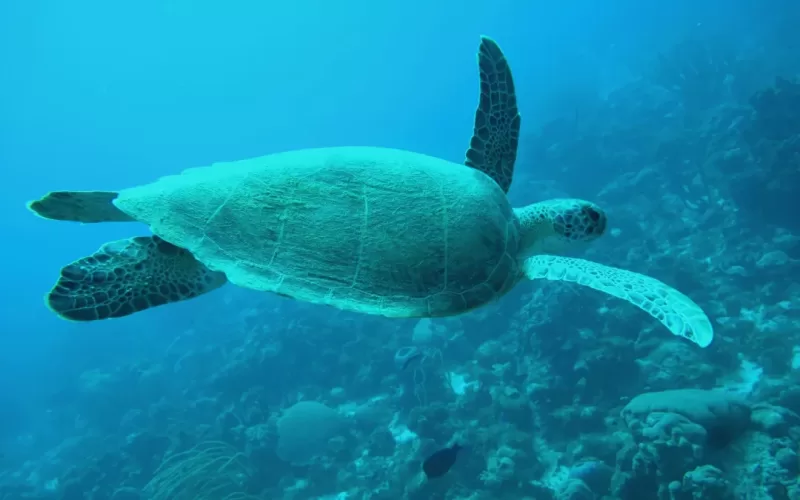Since the dawn of humanity, the ocean has been a crucial lifeline, shaping our existence in countless ways. But as our planet evolves, so does the impact of human activity on this vast underwater world. In this exciting marine biology course and trip abroad, students will embark on a deep dive into the mysteries of the ocean, discovering just how essential it is to life on Earth.
Marine Biology is an innovative course for grades 9-12, combining online learning with hands-on, face-to-face experiences during the trip. The week-long trip, typically held in the Caribbean in mid to late June, offers students the chance to encounter fascinating marine creatures and tour the dynamic ocean floor while snorkeling or diving (for certified students). They will explore a world few get to see up close.
With an emphasis on conservation, this course is not just an exploration but also a call to action. Students will learn how the ocean unites us all—across time, space, and cultures. Get ready for an unforgettable adventure that will inspire a lifelong respect for the blue planet we call home!


